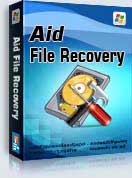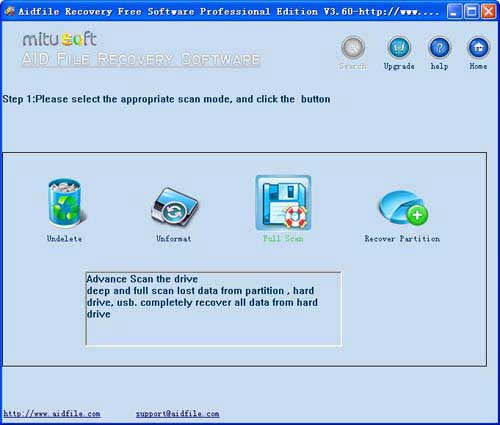Windows 7 Chkdsk rescache errors repair tool fix to do data recovery, best raw recovery software help you recover MS word,excel, pictures, music, video files from Windows 7 Chkdsk rescache errors
Use "unformat" to recover data from Windows 7 Chkdsk rescache errors laptop after quick format,full format,accidentally formatted,reformatting,High-level formatting,Low-level formatting.
Use "recover partition" to recover files from Windows 7 Chkdsk rescache errors laptop partition,lost partition,changed ,damaged partition.And if the size or position of partition is changed by format,It can not recover with "unformat"so you can use "recover partition"mode.
Use "undelete" to recover deleted files from Windows 7 Chkdsk rescache errors laptop after Virus attack,Recycle bin clear,disk cleanup,Press shift del by mistake,permanently empty recycle bin,shift delete ,accidentally deleted by a mistake.
Use "Full Scan" to recover data from Windows 7 Chkdsk rescache errors which can not be found with "undelete" and "unformat" and "recover partition",after showing an error,display as raw file system,unformatted,unknown partition,unpartitioned,needs to be formatted,or the file system is not exfat,not fat32,not ntfs.
"Windows 7 Chkdsk rescache errors ",I tried to install an image mounting program (Alcohol 120%) on Windows 7 Professional x64. When the instillation started it prompt me to restart my computer (which is normal). When my computer restarted I got 5 error messages at the logon screen (in the following order): (1) The file or directory C:\Windows\rescache is corrupt and unreadable. Please run chkdsk utility. (2) The file or directory \Program Files\Common Files\Microsoft Shared\ink is corrupt and unreadable. Please run chkdsk utility. (3) The file or directory C:\Program Files\Common Files\Microsoft Shared\ink is corrupt and unreadable. Please run chkdsk utility. (4) The file or directory \Program Files\Common Files\Microsoft Shared\ink is corrupt and unreadable. Please run chkdsk utility. (5) The file or directory C:\Program Files\Common Files\Microsoft Shared\ink is corrupt and unreadable. Please run chkdsk utility. After hitting ‘OK’ on each message and typing my password Windows logged me on to a temporary profile. I went to my C: drive and tried to run the chkdsk but I got this message: “Windows can’t check the disk while it’s in use.” So I chose to schedule a disk check next time I log on. Then I restarted and let chkdsk run. Then I got this error message: “Cannot open volume for direct access. Autochk cannot run due to an error caused by a recently installed software package. Use the system restore feature from the control panel to restore to a point prior to the recent software package instillation. An unspecified error occurred (766f6c756d652e63 3f1)” I then skipped check disk and tried to System Restore and got this error message: “The disk C: has errors Windows has detected file system corruption on C: you must check the disk for errors before it can be restored.”
Aidfile Recovery Software Keyfeature
support FAT32 EXFAT NTFS and RAW file system
support Win32 (32 bits) and Win64 (64 bits)
Support Windows XP, Windows 8, Windows 8.1,Windows Vista, Windows 2003, 2008, 2012,Windows 11 & Windows 10,Windows 7 .
Desktop & laptops Ultrabook:HP Pavilion,HP Compa,Alienware Alpha,Lenovo ThinkCentre,Lenovo IdeaCentre,Dell Inspiron,Dell XPS,Sony VAIO,Acer Aspire,Asus Transformer,Dell Latitude,Samsung Ativ Book,Asus VivoBook,HP Envy,Lenovo IBM ThinkPad,Lenovo IdeaPad Yoga,Microsoft Surface,Toshiba Satellite
MS Office document (Word, Excel, PowerPoint, Outlook) types (doc, docx, ppt, pptx, xls, xlsx, pst, etc.),photos (JPG, PNG, ICON, TIF, BMP, RAF, CR2, etc.), videos and audios (MPG, MP4, MP3, MTS, M2TS, 3GP, AVI, MOV, RM, RMVB, etc.), compressed files (rar, zip, etc.), PE files (exe, dll, lib, etc.) and so on.

